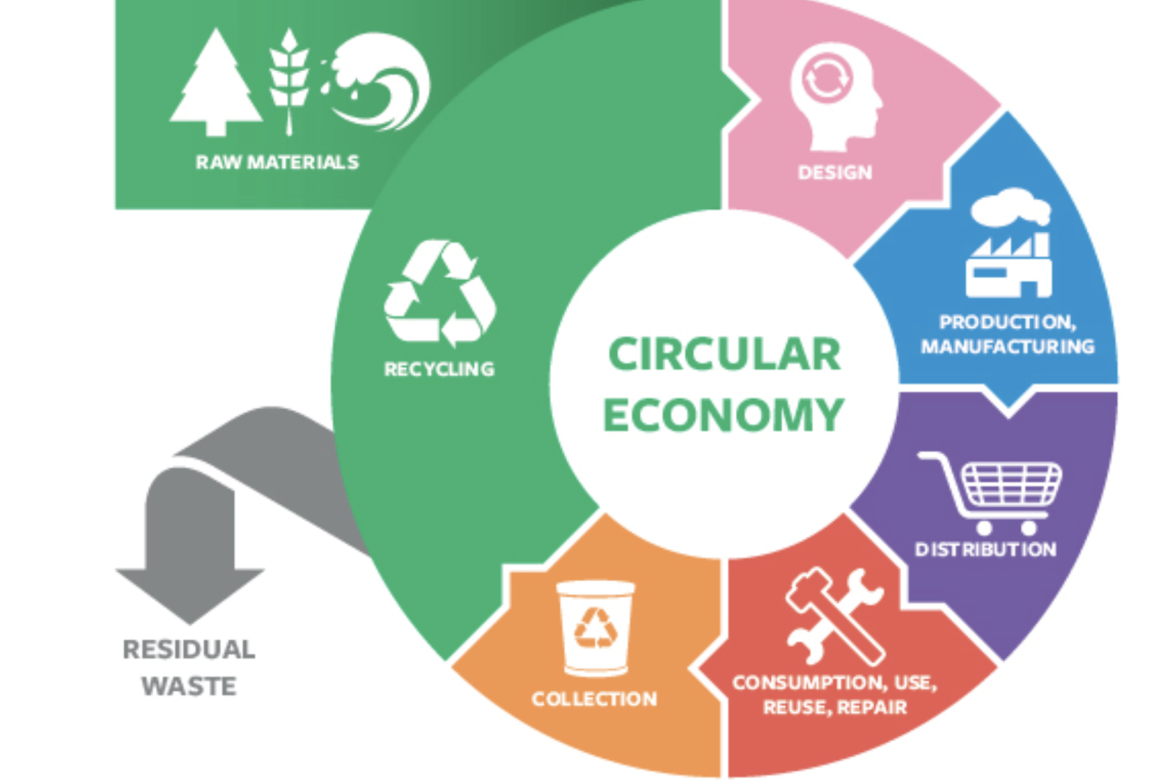
For many years we have all been aware of recycling to reduce waste and your waste may be another’s treasure. I, like many others, did my bit as I went about my business thinking I was green. I have a life-long toolmaker friend who for the past 10 years and successfully been promoting industrial symbiosis.
“Symbiosis” is usually associated with nature, where two or more species co-depend by using the other species’ waste, materials or energy in a mutually beneficial manner. Like bees and flowers, remoras – the fish that feed off of parasites on the shark’s skin and in its mouth.
Industrial symbiosis is a form of brokering to bring companies together in innovative collaborations, finding ways to use the waste from one as raw materials for another.
Now, there are real determined goals driven by policies stemming from the realisation that earth is a finite system. In essence, out of shear necessity and respect for our planet, we are shifting from a linear to a circular economy which will have positive impacts for us all personally and in business.
So the circular economy is an economic model that is restorative and regenerative by design. Ultimately in nature the concept of waste does not exist – everything is transformed into a resource that can be utilised.
The circular economy aims to keep materials, components, and products in-use in the economy for as long as possible. In circularity, the key objective is to design consumption and production systems to create and retain value.
Circularity seeks to optimise every aspect of a product’s lifecycle from raw material extraction to manufacturing and first use, and multiple use-lives thereafter, through product re-design, new business models and novel technologies and processes.
It is now widely recognised that the circular economy agenda is fundamentally intertwined with the zero-carbon agenda. Europe has committed to accelerating the transition to a circular economy – with circular principles central to the EU’s Industrial Strategy and EU Green Deal. In this context, as Ireland navigates the path to COVID-19 recovery, now is the opportunity to embed circularity in the Irish economy – creating substantial socio-economic, environmental, and business benefits.
Dynamic Innovations are involved in helping companies with design for Additive manufacturing which will contribute to a more sustainable production model of parts across every sector. Kieron is currently up-skilling by doing a Leadership course in digital manufacturing for the future.
Green Ireland is on a long term sustainable journey so plug in with Dynamic Innovations for some of the action that you can benefit from.
Kieron
Image credit: Repak.ie
